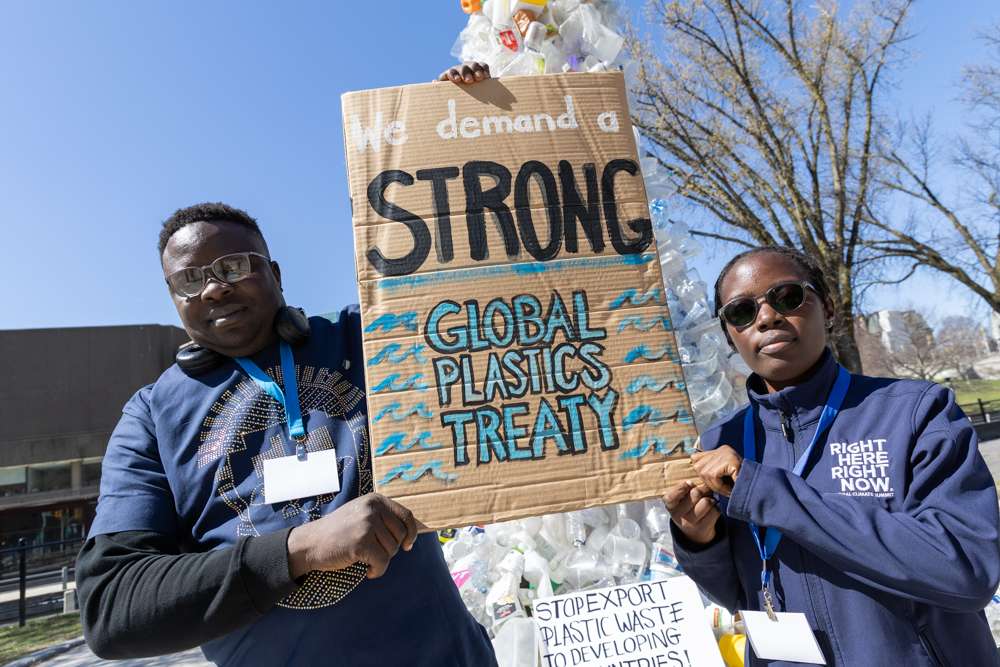Global push to finalise plastics treaty in Geneva

Countries from around the world have gathered in Geneva for a final attempt to negotiate a landmark United Nations treaty aimed at tackling global plastic pollution, according to Africa News via the Associated Press on August 5th.
The talks, expected to continue until August 14th, mark the sixth round of negotiations. Leaders are hopeful about drafting the world’s first legally binding agreement to address the plastic crisis, following mounting global pressure.
The treaty seeks to curb the growing crisis of plastic waste, which leaks between 19 and 23 million tonnes into ecosystems every year — a figure that could rise by 50% by 2040 without urgent intervention, according to UN data.
A major sticking point in the negotiations is whether to limit plastic production. Countries that rely heavily on fossil fuels, which are the primary source of plastic, argue that the treaty should focus on product redesign, recycling, and reuse instead of production cuts. In contrast, more than 100 countries and several major corporations maintain that reducing plastic output is essential to tackling the crisis at its source.
At the same time, countries promoting renewable energy have faced criticism for greenwashing, with Greenpeace accusing European states of outsourcing environmental costs by sourcing green energy from North African nations like Morocco and Egypt.
UN Environment official Inger Andersen acknowledged the complexity of the negotiation, but emphasised that the situation is “really spiralling”.
Last year’s talks in South Korea ended without agreement, largely due to disputes over limiting production. Countries, including Norway and Panama, continue to push for reducing pollution at the source.
Notably, business support for ambitious plastic reform is growing. Major companies like PepsiCo, Unilever, and Walmart are calling for unified global rules to streamline compliance and reduce environmental harm.
By contrast, industry giants and nations like Saudi Arabia and the United States oppose production caps, citing concerns over cost, supply chains, and innovation.
With decisions requiring unanimous approval, progress has been slow. Some states want to introduce voting to avoid deadlock — a move fiercely resisted by others, including India and Kuwait. Meanwhile, environmental groups like Greenpeace are pushing for a bold commitment: a 75% cut in plastic production by 2040.
As the talks continue in Geneva, negotiators face mounting pressure to unite around a common goal and sign a treaty that balances environmental urgency with economic and political realities.
Africa News via Associated Press, Maghrebi.org
Want to chase the pulse of North Africa?
Subscribe to receive our FREE weekly PDF magazine












